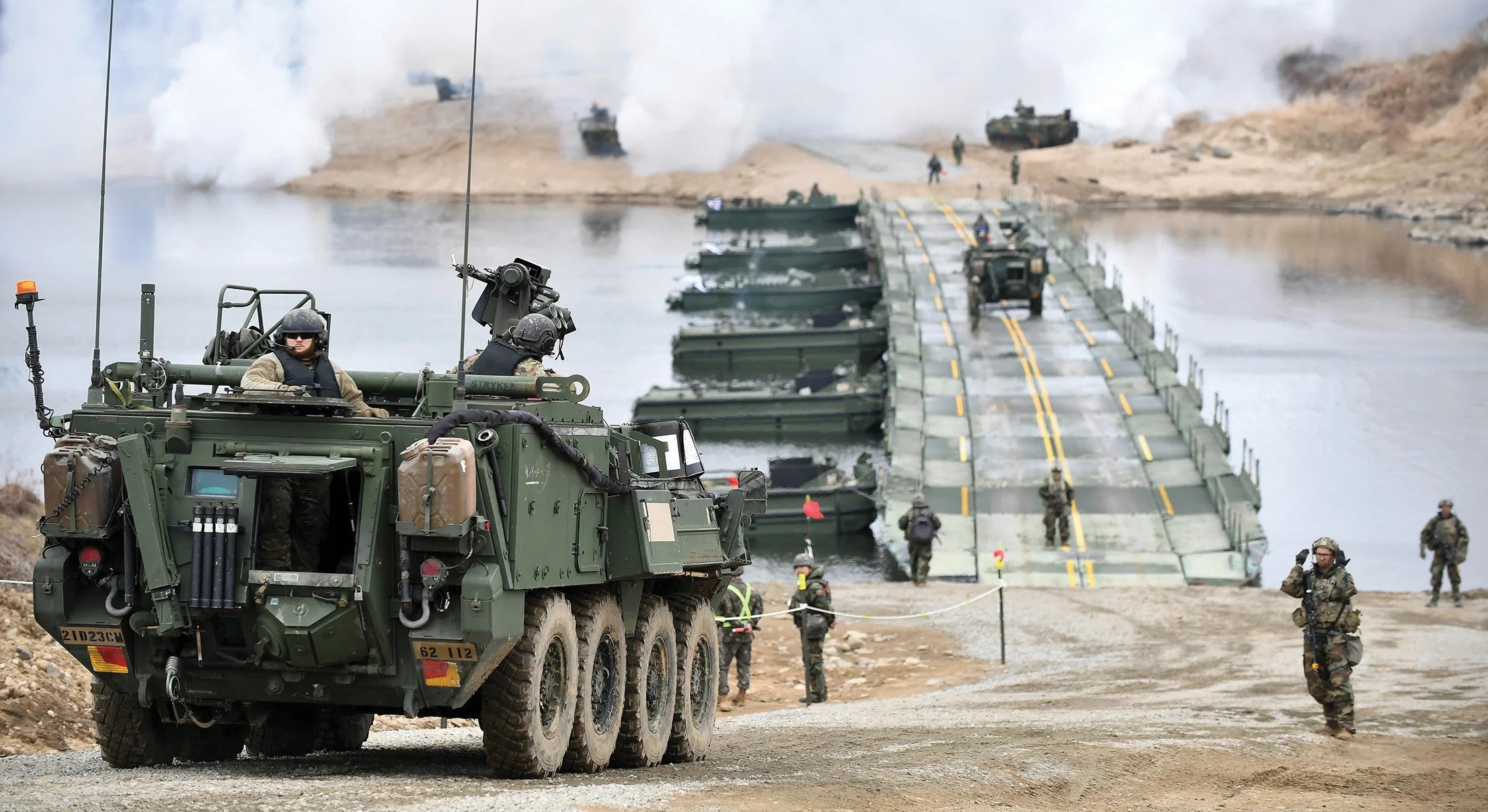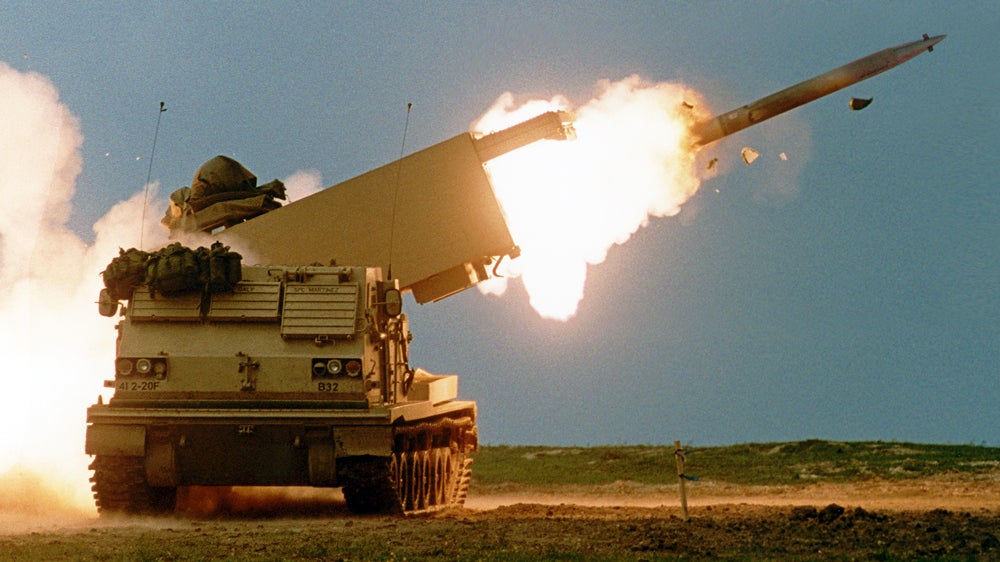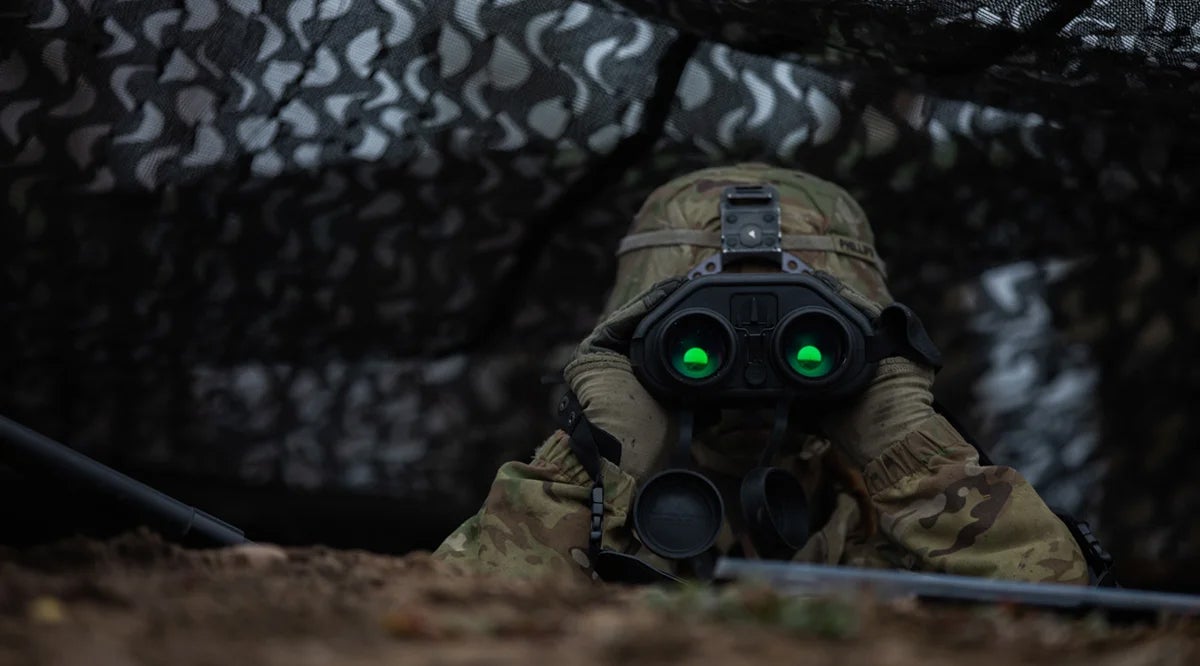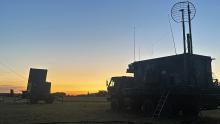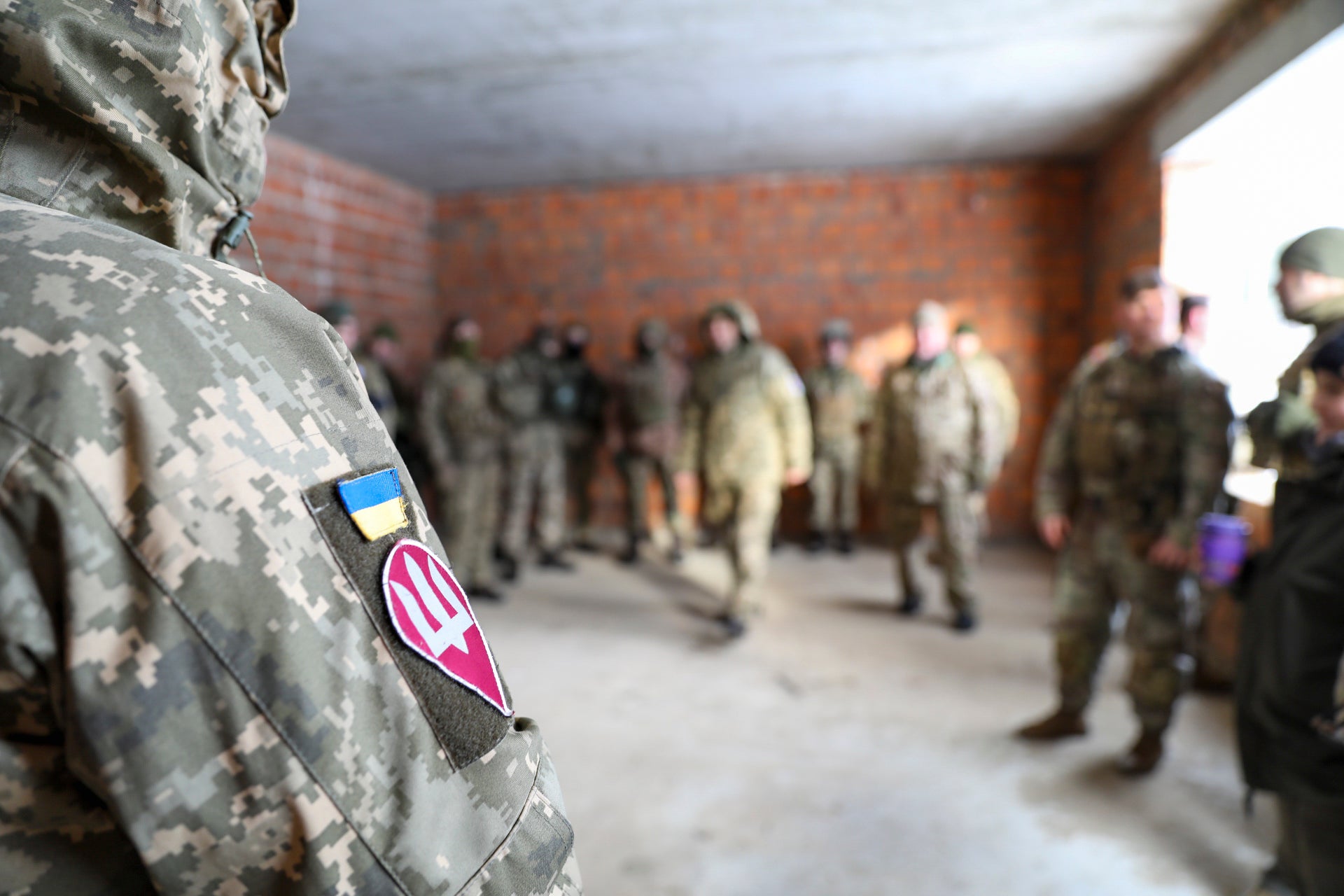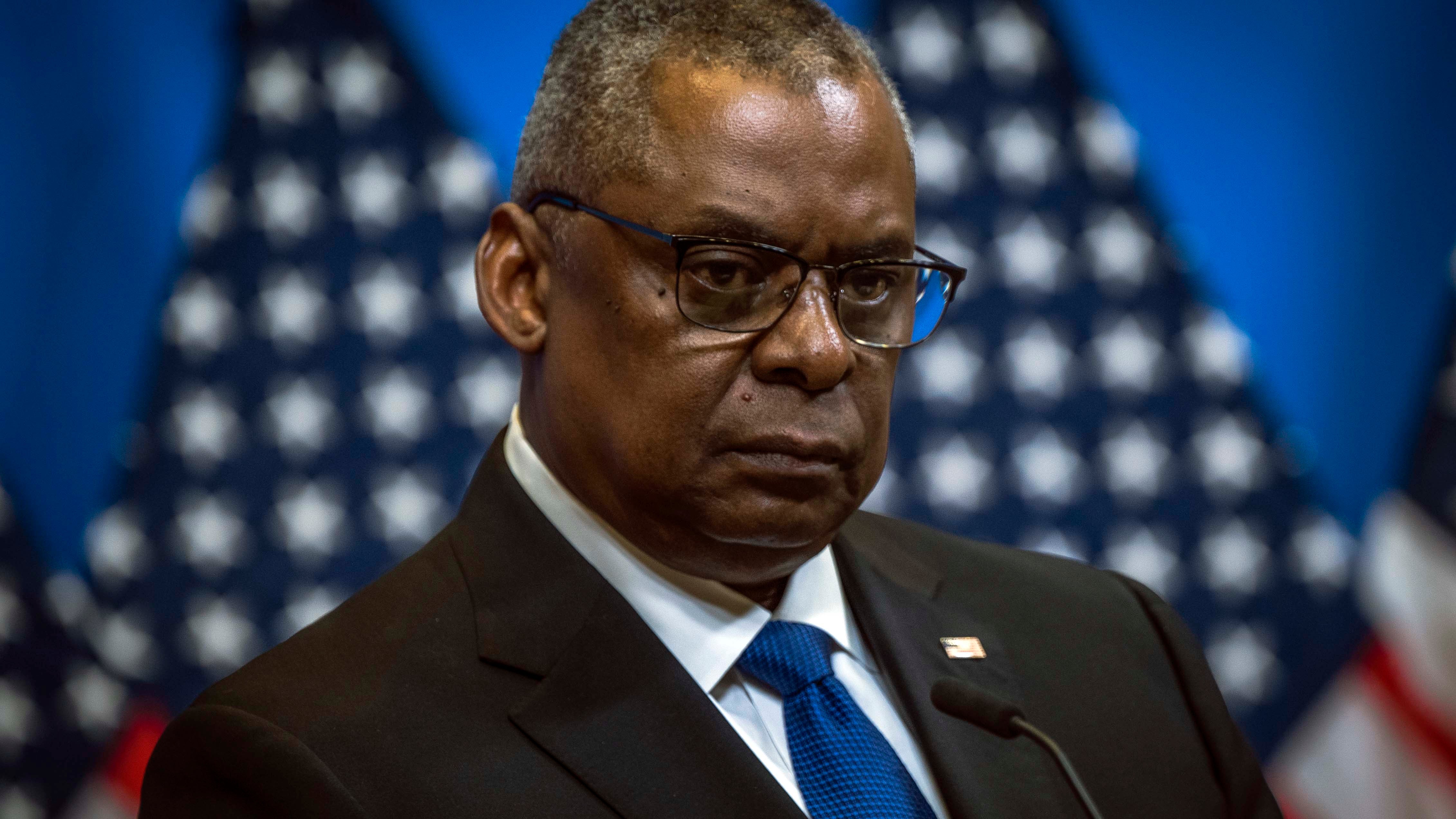Title
Cavoli: US Must ‘Stay the Course’ in Europe
The war in Ukraine is “far from over” as Russia remains a significant threat and China continues to increase its influence in several European sectors, the officer in charge of U.S. forces in Europe said.
In testimony before the House Armed Services Committee, Gen. Christopher Cavoli, commander of U.S. European Command and NATO’s supreme allied commander, said the U.S. “remains optimistic for Ukraine’s future, but this war is far from over,” because while Russia shows no sign of relenting, it is not the only problem facing the European alliance.
